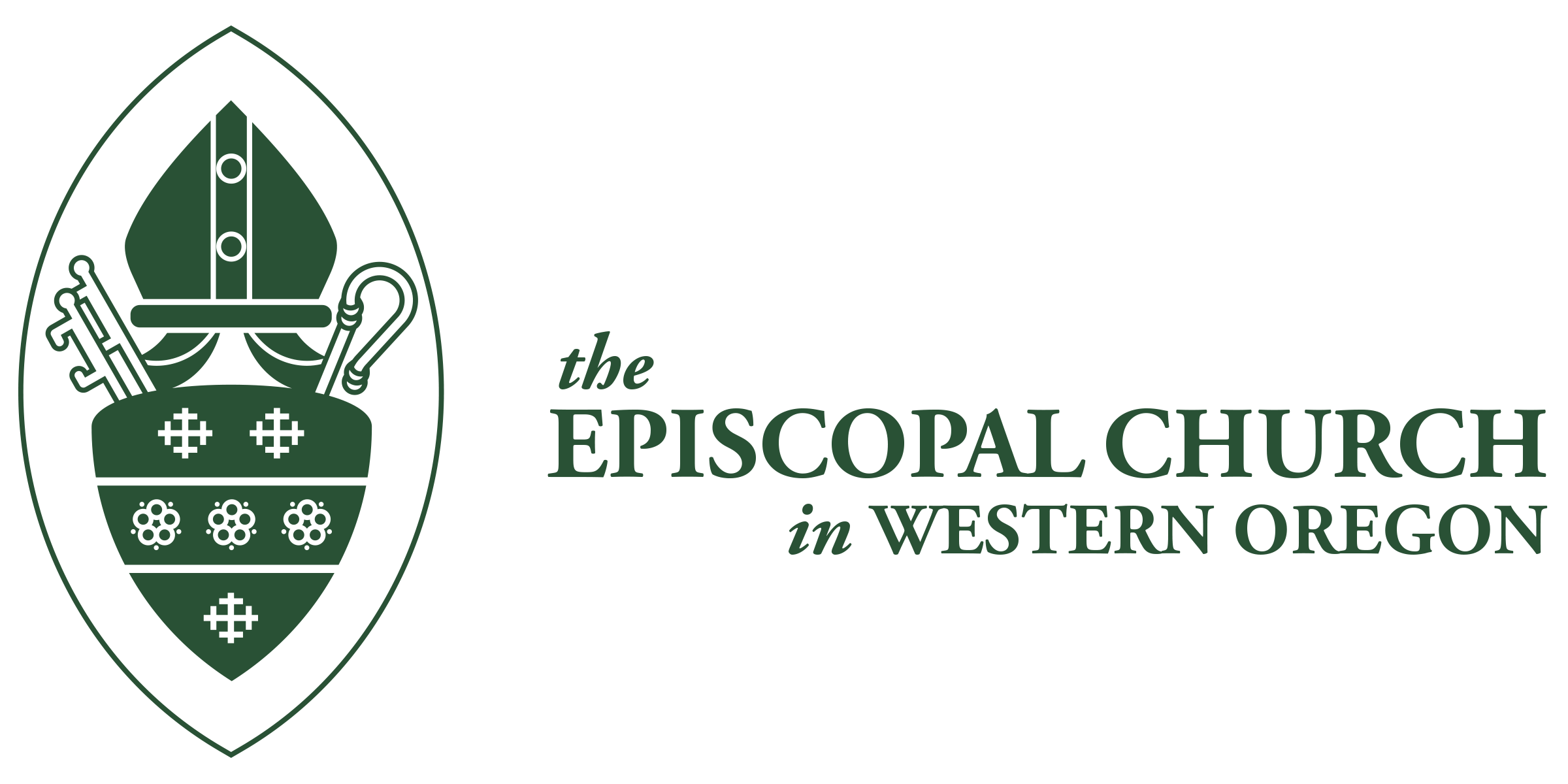Dear friends in Christ,
Last Friday I spoke at the “Train of Tears” event sponsored by Riverside Church in Hood River. This United Church of Christ congregation decided a year ago to investigate their response to the internment of the Japanese American citizens of Hood River during WWII. Finding no evidence of any kind of response, they concluded that their congregation was silent – and that this silence was, itself, a statement about their lack of compassion for the racism that affected families like my father’s. They issued an apology two weeks ago; the Train of Tears event followed the public release of this apology.



I have a long history with Riverside Church because my best friend (today, she remains my best friend) worshipped there as a kid. When I stayed overnight with her, I would go with her to church at Riverside on Sunday morning. Sitting in the chancel as the service began, I looked out at the packed church and saw the faces of my high school girlfriends, many of them from families who were also interned. The weight of the internment and its generational effects settled upon me, and I wondered if I could hold it together. The emotions in that space were palpable.

After arriving home that afternoon, I made a strange decision, given how emotionally heavy the day had been. I read the newspaper. Within minutes I felt yet another weight descend. Why did I do that? I asked myself. Reading the news didn’t help me feel lighter or less worried. The next morning I did what I typically do as part of my devotions, I read something from The Bible. This practice did not function like an antidote – we Episcopalians don’t engage the Scriptures that way. I did not instantly feel unburdened. I did, however, return to my fundamental orientation of being grounded in God’s unfathomable love.
In times like these, I turn to the Psalms. This has been a practice of mine for decades and one I stumbled upon in my first job after graduating from college. During my lunch hour, I would go to the local Episcopal church (those were the days when the nave was always open), sit in a pew, and flip through the Book of Common Prayer to the Psalms in the back section. There is a Psalm for almost every human emotion.
Today, the verses in Psalm 72 are like a divine friend walking alongside us as we navigate deeply troubling times.
11 All kings shall bow down before him, *
and all the nations do him service.
12 For he shall deliver the poor who cries out in distress, *
and the oppressed who has no helper.
13 He shall have pity on the lowly and poor; *
he shall preserve the lives of the needy.
14 He shall redeem their lives from oppression and violence, *
and dear shall their blood be in his sight.
Biblical reflection is not like aspirin; the pain isn’t removed from simply opening the book and reading a passage. Biblical reflection is more akin to entering into a spiritual reality that reminds us we are not alone; that our times of helplessness are not a measure of whether God is with us.
Theologian Karl Barth famously said that we ought to read both The Bible and the newspaper, but that we ought to read the news through the lens of The Bible. Reading the news alone can make us cynical, fearful, and superficial. Reading The Bible alone runs the risk of losing our grounding in our humanity, our imperfect nature, and our need to return to a loving God in order to repair the world.
There is, every day, some kind of bad news to read in the newspaper. Read it, reflect, and then turn to Holy Scripture and read it twice as long as the news. The Good News of God in Jesus Christ is waiting to meet us and greet us, and will walk lovingly with us even as we bear the weight of difficult times. We are never alone. God is with us.
Blessings,
Bishop Diana
